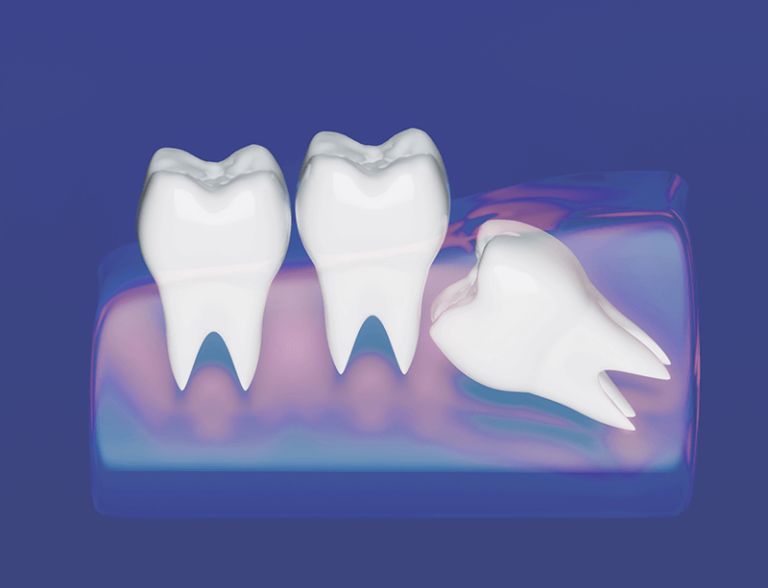Wisdom Teeth Removal in Houston, TX
Wisdom teeth are the third molars in the very back of your mouth. They don’t always need to be removed, but they can cause problems if they are not growing in properly. We provide advanced state-of-the-art oral surgery and wisdom teeth removal.
Your Wisdom Teeth Removal Dentist in Houston, TX
Wisdom teeth are the final set of molars. They come in anywhere between the ages of 17 to 25 and are known to cause issues with many patients’ oral health. We can visually examine your wisdom teeth (if they have already erupted) or use X-ray imaging to assess if your wisdom teeth need to be removed.
Wisdom teeth removal is considered a category of oral surgery but wisdom teeth can be removed by your dentist or an oral surgeon. This procedure usually requires a general anesthetic, especially if you are having more than one wisdom tooth pulled at the same time.
At Pearl Shine Dental, we provide wisdom teeth removal in Houston, TX. We offer a variety of dental sedation options to ensure you have a pain-free procedure. Call our office for more information!

-
How do I know if my wisdom teeth need removed?
While every patient is different, some common signs indicate the need to have your wisdom teeth removed. These signs include:
- Impaction, i.e., if the tooth is stuck under the gums or is completely hidden. If wisdom teeth aren’t able to emerge normally, they can become trapped within your jaw which can result in infection or cause a cyst that can damage other teeth or roots.
- Changing bite alignment—wisdom teeth can grow at various angles in the jaw, sometimes horizontally, this can cause a change in your bit alignment.
- Crowding or damage to existing teeth caused by wisdom teeth not having enough room to come in properly.
- Emerging only partially—if your wisdom teeth are only partially emerging through the gums it can cause a magnet for bacteria that can cause gum disease and oral infection.
Many dentists recommend removing wisdom teeth at an early age before the roots and bone are fully formed, and when recovery is faster.
-
How do I relieve wisdom tooth pain?
As wisdom teeth grow up through your jawbone and begin to break through your gum line, they may become inflamed or bleed. This can cause headaches or tooth pain. Here are some remedies to relieve wisdom tooth pain:
- Rinse with salt water
- Use peppermint essential oils or clover oil to soothe pain
- Take aspirin or an over-the-counter pain reliever
- Apply an ice pack or heating pad to your cheeks
-
What is an impacted wisdom tooth?
When a wisdom tooth doesn’t have enough room to come in normally, it is considered an impacted wisdom tooth. There are several degrees of impacted wisdom teeth depending on where the teeth lie within the jaw. Soft tissue impaction occurs when the crown of the tooth has penetrated through the bone, but the gum is still covering part of the tooth. When the tooth has partially erupted, but a part of the tooth remains submerged in the jawbone, this is considered partially bony impaction. Complete bony impaction occurs when the tooth is entirely encased by the jawbone.
More Questions?
If you have more questions about wisdom teeth removal, please contact our office and we will be happy to discuss further.

